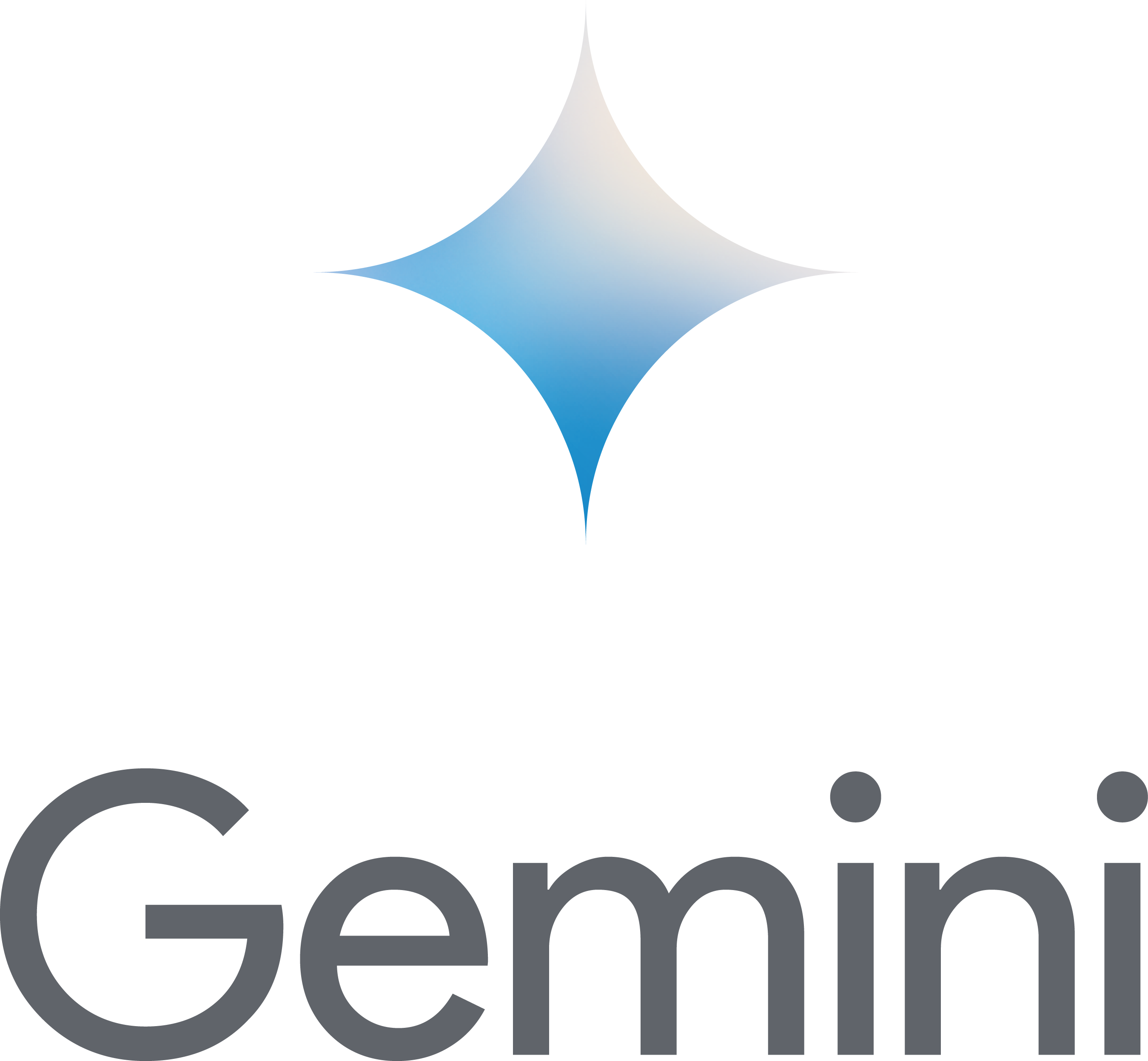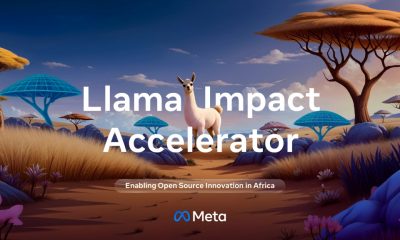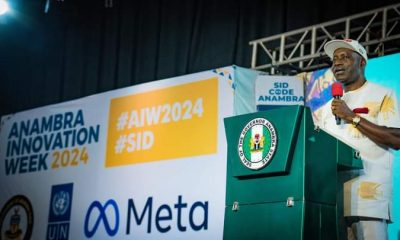General
Meta Builds AI Model to Translate 200 Languages
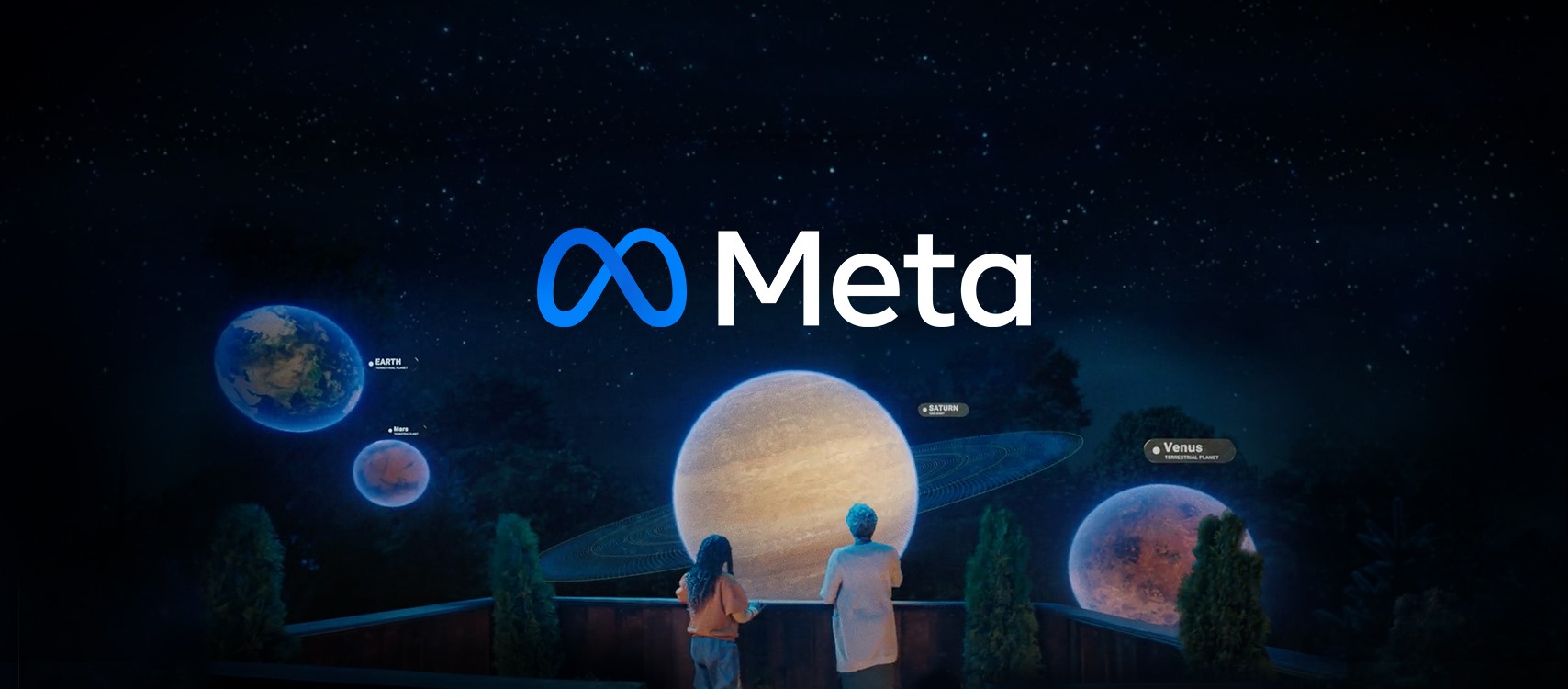
By Adedapo Adesanya
Meta, the parent company of Facebook, Instagram and WhatsApp, has built an open-source No Language Left Behind’ NLLB-200, a single AI model that is the first to translate about 200 languages, including 55 African languages.
Meta is using the modelling techniques and learnings from the project to improve and extend translations on Facebook, Instagram, and Wikipedia.
In an effort to develop high-quality machine translation capabilities for most of the world’s low-resource languages, the single AI model was designed with a focus on African languages. They are challenging from a machine translation perspective.
AI models require lots and lots of data to help them learn, and there’s not a lot of human-translated training data for these languages. For example, there are more than 20 million people who speak and write in Luganda but examples of this written language are extremely difficult to find on the internet.
Meta noted that it worked with professional translators for each of these languages to develop a reliable benchmark which can automatically assess translation quality for many low-resource languages.
“We also work with professional translators to do human evaluation too, meaning people who speak the languages natively evaluate what the AI produced. The reality is that a handful of languages dominate the web, so only a fraction of the world can access content and contribute to the web in their own language.
“We want to change this by creating more inclusive machine translations systems – ones that unlock access to the web for the more than 4B people around the world that are currently excluded because they do not speak one of the few languages content is available in,” it said in a statement.
The CEO of Meta, Mr Mark Zuckerberg, in a post on his Facebook profile said – “It’s impressive how much AI is improving all of our services. We just open-sourced an AI model we built that can translate across 200 different languages — many of which aren’t supported by current translation systems.
“We call this project No Language Left Behind, and the AI modelling techniques we used are helping make high-quality translations for languages spoken by billions of people around the world.
“To give a sense of the scale, the 200-language model has over 50 billion parameters, and we trained it using our new Research SuperCluster, which is one of the world’s fastest AI supercomputers.
“The advances here will enable more than 25 billion translations every day across our apps. Communicating across languages is one superpower that AI provides, but as we keep advancing our AI work it’s improving everything we do — from showing the most interesting content on Facebook and Instagram, to recommending more relevant ads, to keeping our services safe for everyone.”
On her part, Ms Balkissa Ide Siddo, Public Policy Director for Africa said, “Africa is a continent with very high linguistic diversity, and language barriers exist day to day. We are pleased to announce that 55 African languages will be included in this machine translation research, making it a major breakthrough for our continent.
“In the future, imagine visiting your favourite Facebook group, coming across a post in Igbo or Luganda, and being able to understand it in your own language with just a click of a button – that’s where we hope research like this leads us. Highly accurate translations in more languages could also help to spot harmful content and misinformation, protect election integrity, and curb instances of online sexual exploitation and human trafficking.”
While commenting on accessibility and inclusion in the pursuit of building an equitable metaverse, Ide Siddo added “At Meta, we are working today to ensure that as many people as possible will be able to access the new educational, social and economic opportunities that the next evolution of the internet will bring to future technology and an everyday living experience tomorrow.”
To confirm that the translations are high quality, Meta also created a new evaluation dataset, FLORES-200 and measured NLLB-200’s performance in each language. Results revealed that NLLB-200 exceeds the previous state of the art by an average of 44 per cent.
Meta is also open-sourcing the NLLB-200 model and publishing a slew of research tools to enable other researchers to extend this work to more languages and build more inclusive technologies. Meta AI is also providing up to $200,000 of grants to non-profit organizations for real-world applications for NLLB-200.
Partnership with Wikipedia
There are versions of Wikipedia in more than 300 languages, but most have far fewer articles than the 6+ million available in English.
Following Meta’s partnership with the Wikimedia Foundation, the non-profit organization that hosts Wikipedia and other free knowledge projects, modelling techniques and learnings from the NLLB research are now also being applied to translation systems used by Wikipedia editors.
Using the Wikimedia Foundation’s Content Translation Tool, articles can now be easily translated in more than 20 low-resource languages (those that don’t have extensive datasets to train AI systems), including 10 that previously were not supported by any machine translation tools on the platform.
General
NCDMB Targets Midstream Compliance to Boost Nigeria’s Industrial Growth

By Adedapo Adesanya
The Nigerian Content Development and Monitoring Board (NCDMB) has intensified its compliance drive in the oil and gas midstream segment, convening a high-level sensitisation workshop aimed at deepening adherence to the Nigerian Oil and Gas Industry Content Development Act.
The workshop, themed Compliance with the Provisions of the NOGICD Act 2010: A Pathway to Industrialization, held in Lagos, drew key operators across gas processing, transportation, storage and infrastructure development.
Speaking on behalf of the Executive Secretary of NCDMB, Mr Felix Ogbe, the Director of Monitoring and Evaluation Division, Mr Omomehin Ajimijaye, described the midstream sector as “a critical bridge between upstream production and downstream utilisation.”
“The midstream segment plays a pivotal role in gas processing, transportation, storage and infrastructure development, all of which are essential pillars for achieving Nigeria’s industrialisation agenda,” Mr Ajimijaye said.
Mr Ajimijaye stressed that adherence to the NOGICD Act goes beyond regulatory obligation.
“Compliance with the NOGICD Act is not merely a statutory requirement,” he stated. “It is a strategic imperative for sustainable national development.”
He explained that the programme was structured to clarify registration processes, Nigerian Content Equipment Certification, expatriate quota requirements, statutory reporting templates and submission timelines.
“Our objective is to deepen stakeholders’ understanding of compliance requirements, address recurring gaps identified during Monitoring and Evaluation reviews, and foster constructive dialogue on operational realities within the midstream space,” he added.
According to Mr Ajimijaye, the board has received feedback from operators highlighting challenges in meeting Nigerian Content obligations, including reporting complexities and varying interpretations of certain provisions of the Act.
“As a responsive regulator and development-focused institution, we remain committed not only to enforcing compliance but also to providing guidance, clarity and the necessary support to enable stakeholders succeed,” he assured participants.
With Nigeria positioning gas as a transition fuel and economic growth driver, regulatory clarity in the midstream space is essential to unlocking investment and local capacity development.
The participants received technical presentations from key NCDMB divisions, including: Monitoring and Evaluation Division, Project Certification and Authorisation Division, Capacity Building Division and Zonal Coordination Division.
The interactive sessions provided practical guidance on engagement protocols with the Board and strengthened collaboration between regulators and operators.
General
AGF Fagbemi Takes Over Malami Prosecution from DSS
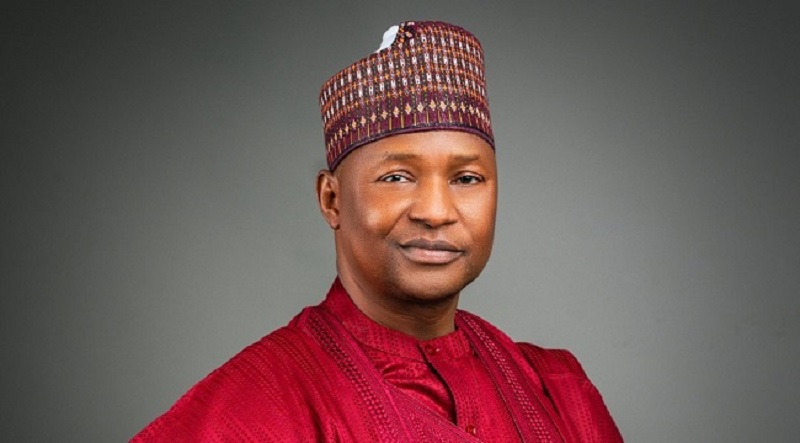
By Adedapo Adesanya
The Minister of Justice and Attorney General of the Federation, Mr Lateef Fagbemi, has taken over the prosecution of his immediate predecessor, Mr Abubakar Malami.
Mr Malami is facing terrorism and illegal firearms possession charges brought against him by the Department of State Service (DSS).
Mr Fagbemi, a Senior Advocate of Nigeria (SAN), took over the trial from the secret police on Wednesday at the Federal High Court in Abuja.
The Director of the Public Prosecution of the Federation, Mr Rotimi Oyedepo, announced the Attorney General’s appearance in the matter.
Mr Oyedepo told Justice Joyce Abdulmalik that the trial cannot proceed because Mr Fagbemi has just taken over the prosecution.
He informed the court that the prosecution needed more time to familiarise itself with the facts of the case.
Counsel to the defendants, Mr Adedayo Adedeji, who did not oppose the application, however, urged the court to strike out the matter if the prosecution fails to open its case at the next adjourned date, citing lack of diligent prosecution.
Justice Abdulmalik subsequently adjourned the matter to March 10 for trial and for the prosecution to formally open its case.
The court had, on February 27, admitted Malami and his son, Mr Abdulaziz, to N200 million bail, with two sureties, each one of whom must own landed property either in Maitama or Asokoro.
Justice Abdulmalik had said that the title of the property must be deposited with the Deputy Chief Registrar of the Court along with valid international passports.
The sureties were also ordered to depose to an affidavit of means and submit their two recent passport photographs to the court.
Mr Malami and his son were also ordered to submit their international passports and recent passport photographs to the court.
The DSS had arraigned the ex-AGF and his son, Mr Abdulaziz, on a five-count charge bordering on terrorism and illegal firearms possession.
In the charge, marked FHC/ABJ/CR/63/2026, filed before the Federal High Court in Abuja, Malami is also accused of refusing to prosecute suspected terrorism financiers, whose case files were handed to him while he served as the AGF and Minister of Justice.
Mr Malami and Mr Abdulaziz are equally accused of warehousing firearms in their residence at Gesse Phase II Area, Birain Kebbi LGA, Kebbi State, without lawful authority.
The DSS accused Mr Malami in count one of the charge, with knowingly abetting terrorism financing, while the ex-AGF and his son are charged in counts two to five, with unlawful, possession of a Sturm Magnum 17-0101 firearm, 16 Redstar AAA 5720 live rounds of cartridges and 27 expended Redstar AAA 5’20 cartridges, contrary to and punishable under relevant Sections of Terrorism (Prevention and Prohibition) Act, 2022 and Firearms Act, 2004.
General
NPA Records 24.8% Growth in Total Cargo Volume for 2025
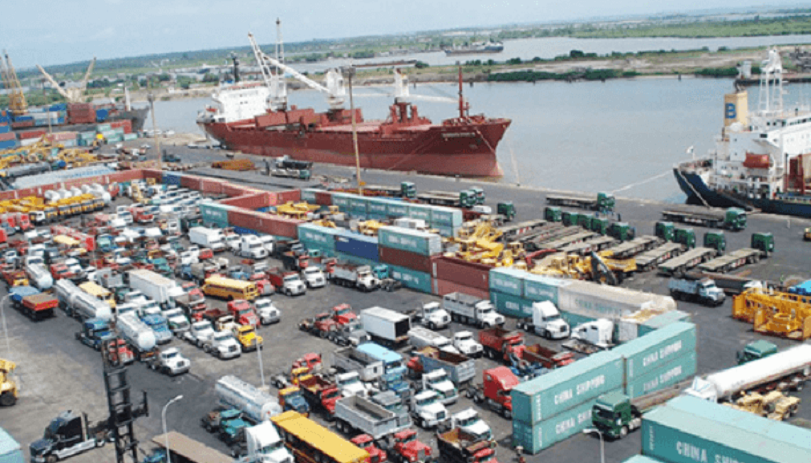
By Adedapo Adesanya
The Nigerian Ports Authority (NPA) has announced a significant 24.8 per cent increase in total cargo throughput for 2025.
According to the NPA’s 2025 Operational Performance Report, total cargo throughput rose from approximately 103.6 million metric tons in 2024 to over 129.3 million metric tons in 2025.
The report identified Lekki Port as Nigeria’s leading port, accounting for 40.6 per cent of the nation’s total cargo throughput. Onne Port followed with 19.1 per cent, while Apapa Port handled 16.7 per cent.
Beyond volume, Lekki Port also received the largest vessels, recording an average Gross Registered Tonnage (GRT) of 55,712, slightly higher than Onne Port’s 53,022 GRT.
Apapa and Tin Can Island ports recorded average vessel sizes of 33,251 GRT and 36,909 GRT, respectively, while Delta Ports handled vessels averaging 17,414 GRT.
Although Tin Can Island Port recorded the highest frequency of ship arrivals, accounting for 22.7 per cent of total ship calls, Lekki and Onne are increasingly attracting larger “heavyweight” vessels, strengthening Nigeria’s capacity to handle higher-value cargo.
The data showed that imports continued to dominate cargo traffic, and the report highlighted a steady rise in outward trade. Exports accounted for 39.0 per cent of total cargo throughput, while inward traffic represented 59.2 per cent.
Containerised cargo, widely regarded as a key indicator of trade activity, recorded substantial growth. Total container traffic increased by 25.7 per cent, surpassing 2.1 million Twenty-foot Equivalent Units (TEUs).
Import-laden containers surged by 32.8 per cent, while export containers rose by 3.1 per cent. Notably, transhipment containers recorded a remarkable 205.8 per cent increase, positioning Nigeria as an emerging regional logistics hub serving West and Central Africa.
Liquid bulk cargo, including petroleum products and chemicals, remained the dominant commodity category, accounting for 54.7 per cent of total cargo, while containerised cargo represented 24 per cent.
Speaking on the report, the Managing Director of NPA, Mr Abubakar Dantsoho, described the 2025 performance as a historic milestone.
“Nigeria’s maritime sector recorded a historic surge in activity in 2025, driven by increased cargo throughput, rising container traffic, and a growing export footprint. This underscores the Federal Government’s commitment to economic diversification,” he said.
Looking ahead, Mr Dantsoho expressed confidence that the Federal Government-approved port modernisation programme and the implementation of the National Single Window system would power the next phase of growth.
The comprehensive modernisation initiative aims to rehabilitate ageing infrastructure, deepen berths, upgrade quays, expand cargo-handling capacity, and deploy advanced digital solutions across Nigeria’s ports.
The reforms are expected to reduce vessel turnaround time, cut cargo dwell time, improve safety standards, and boost overall operational efficiency.
-

 Feature/OPED6 years ago
Feature/OPED6 years agoDavos was Different this year
-
Travel/Tourism10 years ago
Lagos Seals Western Lodge Hotel In Ikorodu
-

 Showbiz3 years ago
Showbiz3 years agoEstranged Lover Releases Videos of Empress Njamah Bathing
-

 Banking8 years ago
Banking8 years agoSort Codes of GTBank Branches in Nigeria
-

 Economy3 years ago
Economy3 years agoSubsidy Removal: CNG at N130 Per Litre Cheaper Than Petrol—IPMAN
-

 Banking3 years ago
Banking3 years agoSort Codes of UBA Branches in Nigeria
-

 Banking3 years ago
Banking3 years agoFirst Bank Announces Planned Downtime
-

 Sports3 years ago
Sports3 years agoHighest Paid Nigerian Footballer – How Much Do Nigerian Footballers Earn


